Mali
The head of Mali’s jihadist group Ansar Dine, Iyad Ag Ghaly, who has claimed responsibility for several attacks in northern Mali, has accepted a “unilateral cease-fire” a Malian religious leader claiming to have received a letter from the Islamist leader announced on Monday.
“I led the efforts for a while. And at the end of September, I received a letter from Iyad Ag Ghaly saying he had accepted a unilateral cease-fire to give chance to peace throughout Mali ,” Imam Mahmoud Dicko, president of the High Islamic Council of Mali (HCIM) told AFP.
But a Malian security source seemed to cast doubt on this claim.
“The letter (of Iyad Ag Ghaly) is dated 27 September 2016. And since then, there have still been attacks attributed to Ansar Dine or claimed by the same group. So you do your deductions,” the security source responded.
According to the letter which is written in Arabic, and which AFP also obtained a copy and whose authenticity has been certified by independent sources, Iyad Ag Ghaly says he has accepted “the cease -Fire requested by the president of HCIM.”
This decision “will stop the armed attacks throughout the territory (Mali) and especially in the north of Mali,” he says in the same letter.
Mr. Ag Ghaly however says in the same letter that this does not waive the application of sharia (Islamic law) throughout Malian territory, said Mr. Dicko.
Iyad Ag Ghaly, a native of Kidal and who was a Tuareg rebel leader in the 1990s, has not been seen in Mali since January 2013, when his group was listed on the US blacklist of terrorists organizations associated with the Al-Qaeda in Islamic Maghreb (AQIM).
Northern Mali fell in early 2012 under the control of jihadist groups which include Ansar Dine, following a Tuareg rebellion which routed the army.
These groups have since then been largely driven out following an international military intervention, led by France and which is still ongoing.
Despite the signing in mid 2015 of a peace agreement meant to definitively isolate the jihadists, accumulated delays has seen large areas still remain beyond the control of Malian and foreign forces.
The attacks by jihadists which before were concentrated in the north, have since 2015 extended to Mali’s central and southern regions.




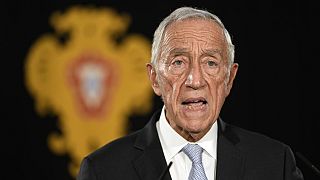
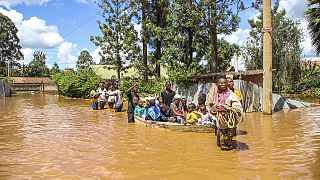

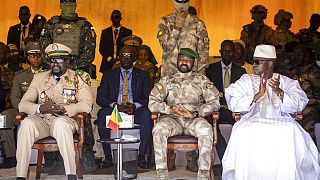
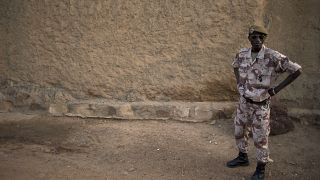


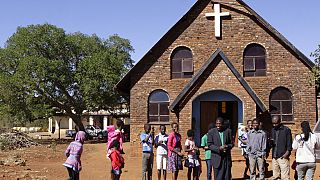
01:05
Niger signs deal to supply Mali with cheaper diesel
00:48
Corpses found adrift in boat off Brazil likely migrants from Mauritania, Mali - Police
00:53
Paris Olympics condemns racist attacks on Malian-French singer Aya Nakamura
01:20
Terrorism in the Sahel: AES force will be “operational as soon as possible”
01:01
Burkina Faso, Mali and Niger to form joint force to fight jihadist insurgency